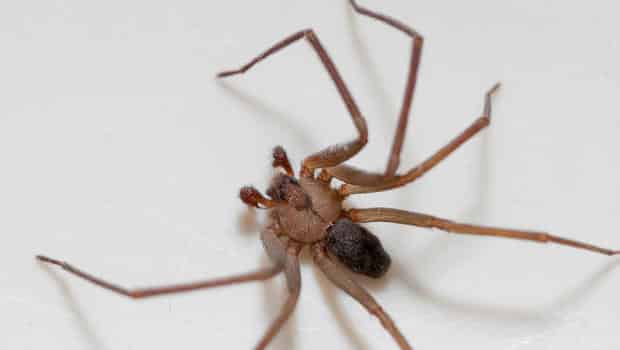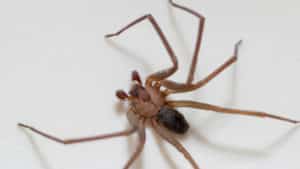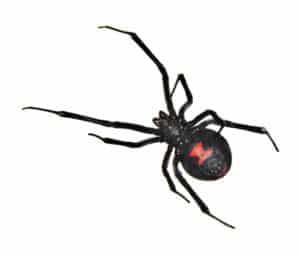
Our approach with Spider Control is identical to every pest that we handle
We perform a thorough inspection
Determine/Confirm the target pest
Devise a strategy
With the Pest Control Division, We adhere to an “Integrated Pest Management (IPM)” principle & philosophy which simply means we use a common-sense approach to pest control. We take advantage of existing mechanical & environmental controls (habitat modifications, removing attractants, using barriers, traps, etc.) combined with the responsible application of pesticides to eliminate the target pest. Our goal is to remove the nuisance pest while taking into consideration human health, non-target beneficial species, and the environment.
Spiders can be super beneficial in your yard. Most people just do not want the eaves of their homes to look like a haunted house. Nor do they want spiders crawling all over the inside of their home. Most of our Quarterly or Bi-Monthly visits for our standard pest control applications include measures (dusting) to keep spiders off & out of your home.
Many species of spiders are common household pests in the United States. Spiders are considered a beneficial pest because of their prey on other insects Because spiders have eight legs, they are easy to separate from insects, which have only six legs. Another distinction between spiders and other pests is that spiders do not have wings or antennae. Spiders are arachnids.
Spider Habitat
Some spiders prefer humid and moist locations like basements and crawl spaces, while others prefer dry and warm places. They can be found in upper corners of rooms and attics as well as subfloor air-vents. Spiders prefer to hide in dark areas and in cracks as a retreat in order to construct material for their webs. Keep this in mind… every “cobweb” was made by a spider.
Rather than post a picture of every spider we have in our area, we have decided to post the two most worrisome spiders. With the rest, we are just providing a link to a very informative website of spiders seen in Georgia: Spider ID

Brown Recluse Spider
- Size: Less than the size of a quarter.
- Color: This poisonous spider varies in color from a beige color to a brownish – dark brown.
- IDENTIFICATION: You can identify a Brown Recluse spider by the violin-shaped pattern on its neck. It looks like many other species of non-threatening spiders, so the indicative sign of a Brown Recluse spider is that is only has 6 eyes. Their eyes are set part in three pairs along the face.
 Black Widow Spider
Black Widow Spider
- Size: Around 1 ½ inches
- Color: Glossy jet-black.
- IDENTIFICATION: Black Widow spiders have a distinct bright-red, hourglass shape on the underside of its abdomen. Black widows create the largest webs of all the web-spinning spiders. However, we have seen some impressive webs from Golden Orbs.
- Rather than post a picture of every spider we have in our area

 Black Widow Spider
Black Widow Spider